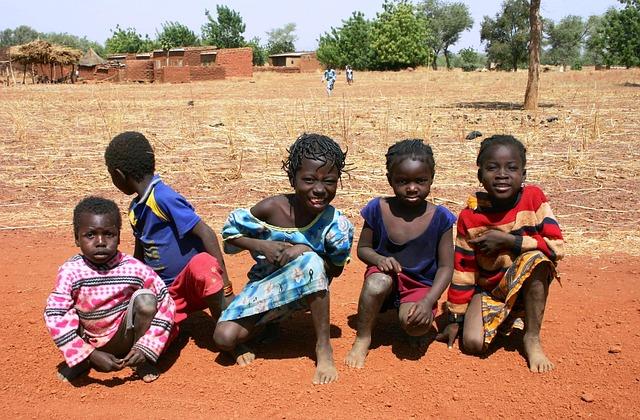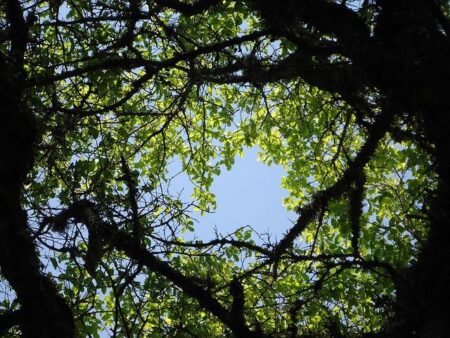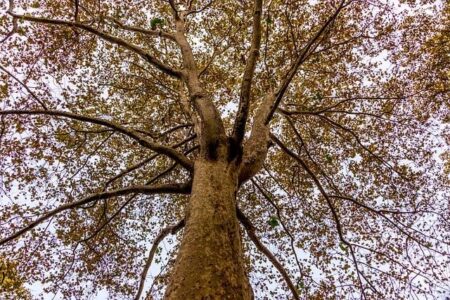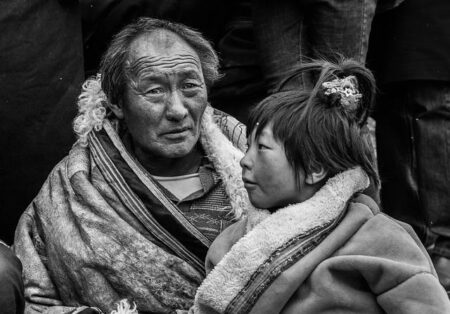In a significant move that underscores the ongoing tensions between the government of Burkina Faso and international media organizations, authorities have announced the suspension of broadcasts by the Voice of America (VOA) and the BBC Africa service within the country’s borders. This decision, part of a broader crackdown on media perceived as critical of the government, raises vital questions about press freedom and the flow of data in a region grappling with political instability and security challenges. As BurkinabĂ© leadership seeks too control narratives amid heightened scrutiny and dissent, the implications of this suspension extend beyond the airwaves, touching on the essential role of independent journalism in fostering democratic discourse and accountability. This article delves into the context surrounding this decision, the reactions from both local and international observers, and the potential impact on citizens’ access to diverse perspectives in a rapidly evolving media landscape.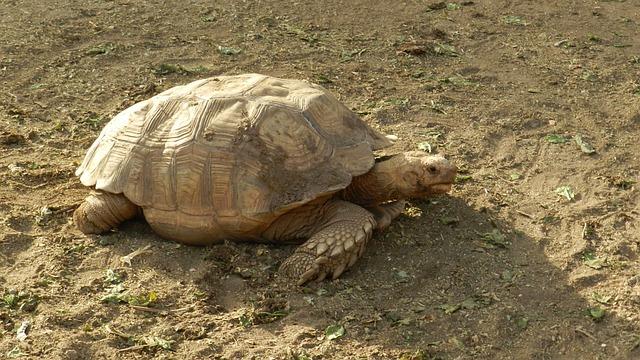
Burkina Faso Implements Broadcast Suspension of International Media Outlets
In a significant move reflecting the tightening grip on media freedom in the region, Burkina Faso has announced a suspension of broadcasts from several prominent international media outlets, including the Voice of America and BBC Africa. This decision arises amid ongoing security challenges and a broader context of political instability that the country has been grappling with. Authorities cited concerns regarding the dissemination of information that they deem harmful to national interests and public order, igniting debates on press freedom and the role of international media in conflict zones. As the country faces mounting violence from extremist groups, the government argues that controlling information is essential for maintaining stability.
The implications of this suspension extend beyond just a temporary halt in broadcasting. Local journalists and media analysts have raised alarms about the shrinking space for dissent and independent reporting. The following points underscore the potential consequences of such a media blackout:
- Restricted Access to Information: Local communities may struggle to obtain reliable news from credible international sources.
- Increased Misinformation: With reduced media diversity,the risk of misinformation and propaganda rises significantly.
- International Relations: The ban may affect Burkina Faso’s image abroad, raising concerns among international human rights organizations.
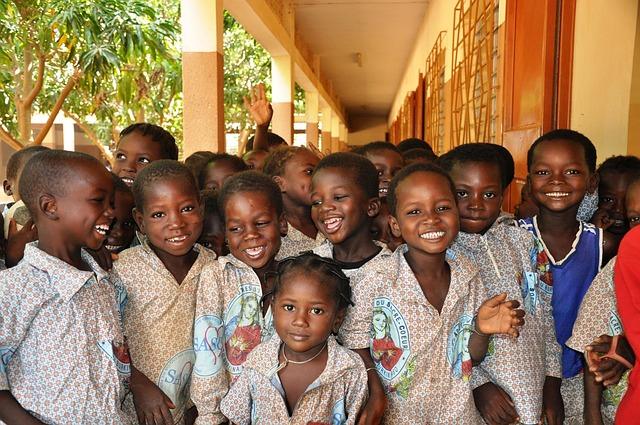
Impact on Freedom of Expression and Access to Information in Burkina Faso
The recent suspension of broadcasts from Voice of America (VOA) and the BBC in Burkina Faso marks a serious turning point in the country’s media landscape, raising questions about the future of freedom of expression and access to information. This government action is seen as an attempt to stifle dissenting voices and limit the diversity of viewpoints available to the public. With an increase in government control over media outlets, citizens are at risk of being deprived of vital information needed for informed decision-making. This restriction on international broadcasters is highly likely to lead to a further entrenchment of state narratives and a decline in the pluralism essential for democracy.
According to reports, users and journalists have expressed their concerns regarding the chilling effect this ban might have on civil society. The following points illustrate the implications for freedom of expression in Burkina Faso:
- Decreased Access to Diverse Perspectives: With fewer voices allowed on the airwaves, listeners are left with a homogenized viewpoint that may not reflect their realities.
- Stifling of Journalistic Integrity: Local journalists may feel pressured to conform to state-sanctioned narratives,compromising their role as watchdogs.
- Increased Misinformation: Limiting exposure to credible international news sources may lead to misinformation circulating unchallenged, further misleading the public.
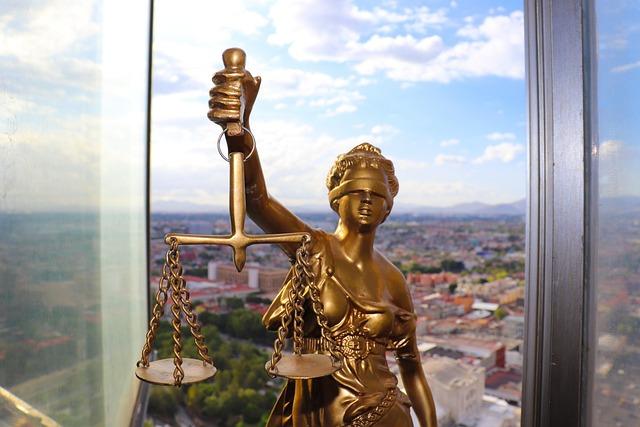
Analysis of the Legal and Political Motives Behind the Ban
The recent suspension of VOA and BBC/Africa broadcasts in Burkina Faso raises critical questions regarding the underlying legal and political motivations behind such a significant move. Amidst an increasingly tense political landscape marked by coups and subsequent governance changes, the Burkinabe government appears to be consolidating its hold on information flow within the country. The legal justifications cited for the ban typically revolve around accusations of misinformation and a perceived obligation to promote national sovereignty. Authorities claim that foreign media outlets have become vehicles for external propaganda, threatening national security and public order. This narrative is prevalent in several African nations where governments often rely on nationalistic rhetoric to silence dissenting voices and justify censorship.
On a broader scale, the ban reflects a growing trend in many African countries where governments strategically manipulate the media as a means of controlling public perception and stifling opposition. By limiting access to international news, the Burkinabe leadership strengthens its narrative around domestic crises while attempting to protect its legitimacy. Key motivations behind this clampdown can be summarized as follows:
- Control of Information: The government aims to limit dissent and choice viewpoints that could embolden opposition movements.
- National Security Concerns: Officials frequently enough frame the issue as a safeguard against misinformation that could incite unrest.
- Political Survival: By censoring foreign media, the regime seeks to create an insulated environment that minimizes scrutiny of its policies and practices.
The implications of this suspension are significant, as they not only highlight the tensions between media freedom and governmental control but also underscore the fragile state of democratic institutions within the country.In a time when access to diverse information sources is crucial, the actions taken by the Burkinabe authorities serve as a stark reminder of the ongoing struggle for press freedom in regions where political stability remains in question.

Reactions from Civil Society and the international community
The suspension of broadcasts by the Voice of America (VOA) and BBC/Africa has triggered a wave of responses from civil society organizations and members of the international community. Human rights groups have expressed profound concern over this move,emphasizing that it undermines freedom of expression and access to information in Burkina Faso. Prominent figures within civil society have taken to social media,mobilizing public sentiment against what they deem a concerning erosion of democratic principles in the region. They argue that such actions not only curtail crucial information dissemination but also contribute to a climate of fear that stifles dissenting voices.
Internationally, various diplomatic entities and media advocacy organizations have condemned Burkina Faso’s decision as a detrimental step towards media censorship. In their statements, numerous organizations highlighted the importance of an independent media landscape in fostering democratic governance. notably, the following responses have echoed across platforms:
- Amnesty International: called for an immediate reversal of the suspension to uphold citizens’ rights to free speech.
- UNESCO: Stressed that media pluralism is essential for a healthy democracy and urged burkina Faso to respect press freedom.
- Reporters Without Borders: ranked Burkina Faso’s press freedom status and raised alarms about increasing restrictions on media outlets.

Exploring Alternatives for Information Access Amidst Media Restrictions
As media outlets face increasing restrictions in regions like Burkina Faso, the need for alternative information sources becomes paramount. Citizens often find themselves cut off from diverse viewpoints and international reporting, leading to a single narrative dominating the public discourse. To navigate these challenges, individuals can explore various platforms and tools that facilitate access to unbiased news. Some notable options include:
- VPN Services: using Virtual Private Networks to bypass censorship and access blocked websites.
- Social Media Platforms: Following independent journalists and media organizations that prioritize unfiltered reporting.
- Podcasts and Streaming: Tuning into international podcasts and live streams that offer alternative narratives and analyses.
Additionally, the role of community-driven media cannot be understated. Local initiatives that promote citizen journalism are emerging as vital channels for information dissemination.Collaborative projects can foster a more pluralistic media environment where grassroots content thrives. Engaging with these platforms not only cultivates local talents but also enriches the media landscape by providing:
| Type of Local Media | Description |
|---|---|
| Community Radio Stations | Offer localized news coverage and discussions on relevant social issues. |
| Online News Portals | Provide platforms for citizen reporters to share stories and insights. |
| Social Media Groups | Create spaces for community dialog and information sharing. |

Recommendations for strengthening Media Freedoms in Burkina Faso
To foster a healthier media landscape in Burkina Faso, it is essential to implement measures that protect journalists and uphold media independence. First and foremost, the government should ensure legal protections for journalists against harassment and arbitrary arrests. Establishing clear regulations that delineate the rights of media professionals can create a safer environment for reporting. In addition,it is crucial to foster media diversity by encouraging the growth of local media outlets,which can provide broader viewpoints and reduce dependency on international platforms. This can be achieved through financial incentives and grants aimed at supporting the creation of independent media organizations.
Moreover, promoting media literacy among the population can empower citizens to discern credible information from misinformation. Education campaigns that facilitate discussions about the role of media in democracy and citizen engagement can definitely help cultivate a more informed electorate. Collaboration with international organizations to develop training programs for journalists can enhance their skills in investigative reporting and ethical journalism.Lastly,mechanisms for dialogue between the government and media entities should be established,allowing for transparency and understanding of the critical role media plays in the country’s governance and civic discourse.
In Conclusion
the suspension of Voice of America and BBC/Africa broadcasts in Burkina Faso marks a significant shift in the country’s media landscape, reflecting broader challenges faced by foreign media outlets in regions experiencing political and social upheaval. This decision, attributed to concerns over national security and the need for more local narratives, raises critically important questions about press freedom and the role of international journalism in disseminating information. As Burkina Faso navigates its complex environment,the impact of this suspension on public access to diverse viewpoints remains to be seen. Observers will be closely monitoring how the situation evolves and what it means for both the citizens of Burkina Faso and the broader West African region.

